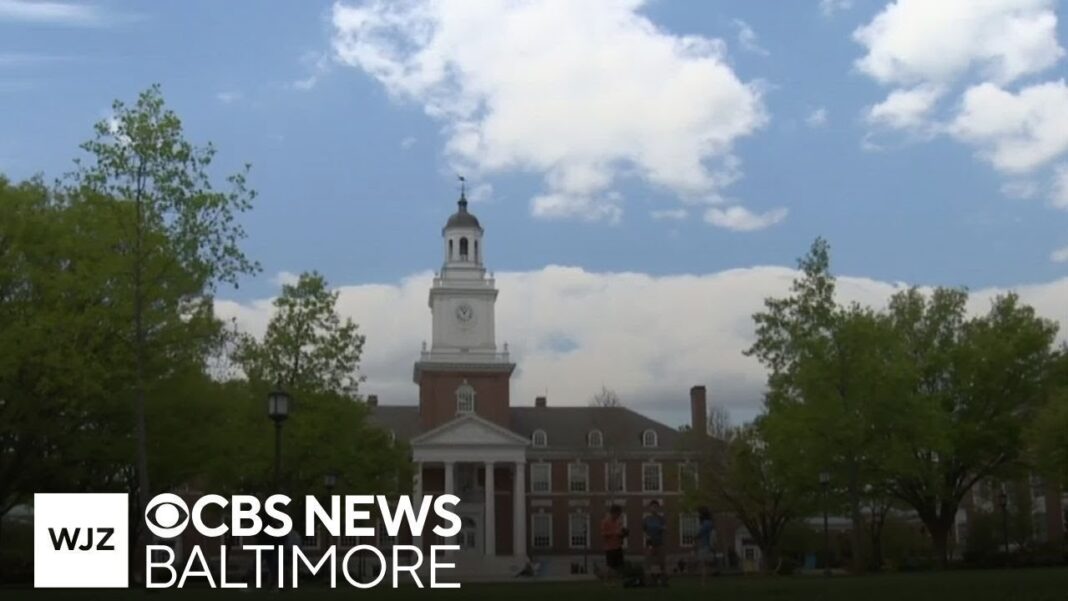There was a time when compassion meant sacrifice. It meant giving something of your own so that someone else could climb out of hardship. It meant feeding the hungry, sheltering the vulnerable, and guiding people toward lives of dignity and purpose. Somewhere along the way, that changed. Compassion has been redefined. It no longer asks anything of the giver. It now demands compliance from everyone else.
Modern compassion is mostly a performance. It is more slogan than service. It is often little more than emotional blackmail dressed up as moral virtue. If you disagree with what is being sold as “the compassionate thing to do,” you are not considered thoughtful or cautious. You are labeled unkind, hateful, or dangerous. In this way, compassion has been weaponized. It is no longer a virtue. It is a tool.
Nothing demonstrates this more clearly than the rise of emotional policy. Debate used to revolve around facts, outcomes, and responsibility. Today it revolves around feelings, optics, and who can scream the loudest. If someone can attach the words “for the children” or “for the vulnerable” to a policy, all scrutiny is expected to stop. The policy does not need to work. It only needs to sound caring. Anyone who raises objections is painted as cruel. Yet real cruelty often hides behind appealing language.
We see this in the border crisis. The argument is framed as compassion for migrants. What is not mentioned is the record number of women and children exploited, assaulted, or trafficked along the journey. We are told that border enforcement is heartless. What is heartless is encouraging people to hand their life savings to cartels who profit from rape, extortion, and forced labor just for the chance to make it to America. The same politicians who lecture about compassion have little to say when women end up exploited or children end up abandoned, abused, or missing. But the performance continues because compassion has become a costume, not a calling.
The same pattern plays out in cities destroyed by their own kindness. Declaring a location a “sanctuary city” or “compassion zone” does not magically create order. It removes accountability. It signals that behavior once considered dangerous, and actually illegal, will now be tolerated. Crime rises. Homelessness grows. Streets turn into open air drug markets. The suffering becomes worse, not better, yet the officials responsible insist that they care more than anyone else. They are not solving anything. They are signaling virtue while abandoning responsibility.
Compassion becomes most dangerous when it is allowed to operate behind closed doors. One of the least discussed examples is the steady flow of American tax dollars sent overseas through nongovernmental organizations. Hundreds of billions have been funneled into foreign programs each year, often with little transparency, no measurable benefit to the United States, and no mechanism for accountability. Yet every time this pipeline is questioned, the answer is always the same. We are told it is compassionate. We are told that objecting means we do not care about the world.
But patterns reveal intent. When vast sums of money move through systems that no citizen can audit, the opportunity for corruption is not a possibility. It is an inevitability. The appearance of kindness provides the perfect shield. The public sees headlines about humanitarian aid. What they do not see are the contracts, sub contracts, and consulting firms that quietly invoice their share from the same pool of dollars. While it can be very difficult to be proven on paper, common sense and deductive reasoning lead to an unavoidable conclusion. If hundreds of billions can disappear without oversight, someone is profiting from the disappearance.
The con works because it is emotionally protected. No one wants to appear heartless by asking where the money goes. No one wants to be accused of indifference toward the poor. So the illusion continues. The moral language tells the public it is charity, so don’t ask questions. The financial reality suggests something closer to legalized laundering. The beneficiaries are not the hungry or the suffering. The beneficiaries are the people who learned that compassion is the safest disguise for greed.
Nowhere has fake kindness been more aggressively pushed than in the realm of gender ideology. We are told that unquestioning affirmation of a child’s confusion is the only compassionate path. Parents who hesitate are called abusive. Teachers hide conversations from families in the name of safety. Doctors prescribe irreversible treatments without evidence that they improve long term well being. The defenders of this agenda insist they are saving lives, yet they cannot explain why long term regret, sterility, and medical dependency are acceptable outcomes for minors. Their argument is not grounded in data. It is grounded in an emotional ultimatum. Agree or you do not care.
This is the new moral blackmail. The accusations are always the same. If you are worried about crime, you must hate the poor. If you want secure borders, you must hate immigrants. If you oppose sexualized content in schools, you must hate certain groups. If you refuse to say words you do not believe, you must be filled with hate. The claim is not that you are wrong. The claim is that you are immoral. It is not a debate. It is a threat.
The truth is that compassion without wisdom becomes destruction. Mercy without boundaries becomes exploitation. A society that refuses to tell the truth for fear of appearing unkind is a society preparing its own downfall. Real compassion is not silent in the face of obvious harm. Real compassion demands accountability. It refuses to trade temporary feelings for permanent consequences.
The greatest act of compassion may sometimes be the word “no.” No, we will not call abandonment mercy. No, we will not call self destruction liberation. No, we will not sacrifice future generations to protect the feelings of those who refuse to confront reality. If saying “no” to harmful ideas makes us appear unkind, then so be it. Kindness that requires the death of truth is not kindness at all. It is dishonesty. It is uncaring.
Fake compassion asks others to pay the price while someone else collects the praise. True compassion carries the burden itself. One heals. The other manipulates. Knowing the difference may determine whether our society survives or falls.







